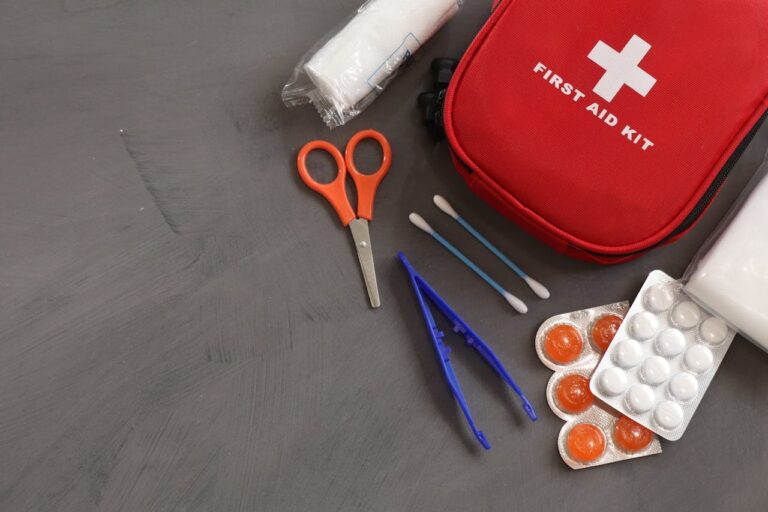
Maintaining crowns and bridges is crucial for keeping your smile healthy and strong. You want to ensure they last as long as possible. A Kissimmee dentist understands this importance and offers practical advice to help you. By following a few simple steps, you can safeguard your oral health. First, regular brushing and flossing prevent decay and gum disease. Second, avoiding hard foods protects against damage. Third, scheduling regular dental check-ups catches issues early. These visits give your dentist a chance to clean and inspect your restorations. Fourth, using a mouthguard while sleeping reduces grinding, which wears down crowns and bridges. Fifth, quitting smoking improves gum health. Finally, maintaining a balanced diet supports overall oral health. Focus on these key actions to enhance the longevity of your dental work. This guidance offers peace of mind and keeps your smile shining bright.
Brush and Floss Regularly
Good oral hygiene is the foundation of dental health. Brushing twice a day with fluoride toothpaste cleans your teeth and crowns. Flossing daily removes plaque from between teeth and around crowns. Proper technique matters. Gently brush all surfaces of your teeth and restorations. Use floss to clean below the gum line and around the edges of your crowns and bridges.
Avoid Hard Foods
Crowns and bridges are strong, but hard foods can compromise them. Chewing ice or hard candies might cause cracks or chips. Instead, choose softer foods that are easier on your dental work. If you enjoy nuts, consider chopping them into smaller pieces. Enjoy crunchy foods like carrots by slicing them into manageable pieces. This simple adjustment can prevent damage.
Schedule Regular Dental Check-Ups
Routine dental visits are essential. Your dentist will check your crowns and bridges for signs of wear or damage. Early detection helps address problems before they become serious. Regular cleanings remove plaque and tartar that brushing and flossing miss. According to the Centers for Disease Control and Prevention, these visits are a key part of maintaining long-term oral health.
Also Read: The Role Of General Dentistry In Early Disease Detection
Use a Mouthguard at Night
Grinding your teeth at night, also known as bruxism, wears down dental restorations. A custom-fitted mouthguard provides a barrier between your teeth. This protection reduces stress on your crowns and bridges. Ask your dentist about getting a mouthguard tailored to your needs. This simple tool can extend the life of your dental work significantly.
Quit Smoking
Smoking affects gum health and can lead to complications with crowns and bridges. It reduces blood flow to your gums, slowing healing. Quitting smoking benefits not only your oral health but also your overall well-being. Check resources like the Smokefree.gov for support in quitting. Improved gum health means stronger support for your restorations.
Maintain a Balanced Diet
The foods you eat affect your oral health. A balanced diet provides nutrients that keep your gums and teeth strong. Calcium-rich foods like cheese and yogurt strengthen enamel and support jawbone health. Leafy greens and crunchy vegetables stimulate saliva production, reducing the risk of cavities. Limiting sugary snacks reduces plaque buildup, enhancing the longevity of your crowns and bridges.
Comparison Table: Dos and Don’ts for Dental Restorations
| Dos | Don’ts |
|---|---|
| Brush twice daily | Chew ice |
| Floss daily | Eat hard candies |
| Visit your dentist regularly | Ignore dental pain |
| Use a mouthguard | Grind your teeth |
| Eat a balanced diet | Smoke tobacco |
Conclusion
Taking care of your crowns and bridges requires consistent effort and attention. By brushing and flossing regularly, avoiding hard foods, and visiting your dentist for check-ups, you help protect your dental investments. Using a mouthguard and quitting smoking further supports your restorations. A nutritious diet rounds out these efforts, contributing to a healthy mouth. With these habits, you can enjoy a bright, confident smile for years. Implement these tips and give your dental work the care it deserves.








